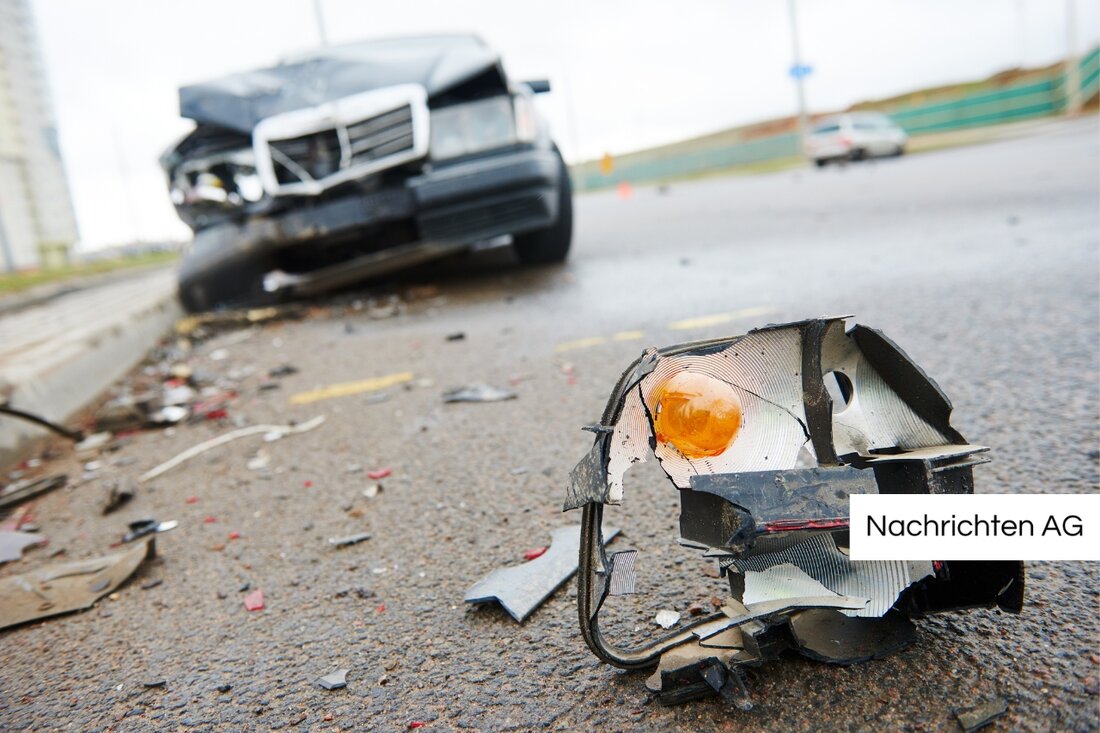Drivers crashed into the house wall: serious injuries and psychological consequences!
On June 21, 2025, a car driver bounced into a house wall at Kürten-Dürscheid and was seriously injured. Investigations run.

Drivers crashed into the house wall: serious injuries and psychological consequences!
In the night of June 21, 2025, a dramatic traffic accident occurred in Kürten-Dürscheid when a 53-year-old driver crashed into a house wall with his Ford. The accident occurred at around 3:00 a.m. on Wipperfürther Straße and led to high damage to property and serious injuries to the driver, which was found unconscious in the vehicle. During a patrol ride, police officers discovered the accident car in the living room of the adjacent house, where there was a stop. Fortunately, the house residents remained unharmed on the 1st floor, but a hole in the wall of about 1.60 m x 3.00 m. Fireworld was transported.
The incident arouses concern about possible psychological causes. Initial investigations indicate a deliberate collision of the driver, possibly due to a mental illness. Such psychological impairments are not unusual and can occur after traffic accidents. research show that such accidents can result in serious psychological consequences that are often not adequately examined. Serious consequences of accidents can occur, for example, in the form of post -traumatic stress disorder (PTBS) and affect both those involved in the accident and onlookers.
psychological consequences of traffic accidents
After a serious traffic accident, acute stress reactions, such as memory gaps, concentration problems or fears. These symptoms can occur in both directly affected people as well as for first aiders and witnesses. A study by the Federal Agency for Roads (BAST) showed that about a quarter of the seriously injured suffered from psychological complaints in inpatient treatment. Long -term mental disorders can include driving phobias, adaptation disorders, depression and sleep disorders. The importance of such loads is by research work on PTSD, which underlines, which underlines, which show that mental disorders not only occur according to natural disasters or wars, but also often after traffic accidents.
In the treatment of PTSD, preventive early interventions are decisive. The previous therapy approaches often focus on advanced forms of the disease. An innovative approach is the use of driving simulators that can be used to treat anxiety disorders and fear of driving. This approach has been researched since 2005 at the DGUV Institute and Health in Dresden. pilot studies show promising results in the treatment of patients with PTSD, which benefited from the controlled confrontation with fear-solving situations. A holistic therapeutic approach that includes innovative virtual procedures could be crucial for the long -term recovery of those affected.

 Suche
Suche
